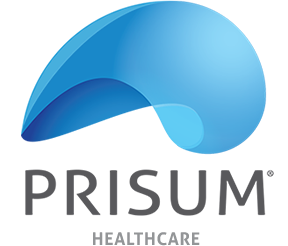Food sources rich in Phosphatidylcholine
Phosphatidylcholine can be easily obtained from a variety of readily available sources. Among the richest sources of choline are the liver, egg yolks and wheat germs.
Phosphatidylcholine can also be found in soybeans, mustard, sunflower, nuts, seeds, cauliflower or milk.
Other names
Phosphatidyl Choline, Phospholipid, Phospholipide, Phospholipon, Polyenylphosphatidylcholine, Polyénylphosphatidylcholine.
ProHumano+ products containing Phosphatidylcholine
Did you know?
Non-alcoholic Fatty Liver Disease is the most common chronic liver disease in children living in developed countries.
affects
Information source:
Pediatric Nonalcoholic Fatty Liver Disease: Prevalence, Diagnosis, Risk Factors, and Management Stavra A. Xanthakos, Rohit Kohli- Clinical Liver Disease, Vol. 1, No. 4, August 2012, AASLD
Causes, symptoms and prevention methods for hepatic steatosis
The liver is the largest internal organ in the human body and the only visceral organ that has the ability to regenerate completely, to its previous size and capacity, without losing its functions during the growth process.
The liver is responsible for over 500 essential functions, the main ones being in the body’s metabolic processes.














